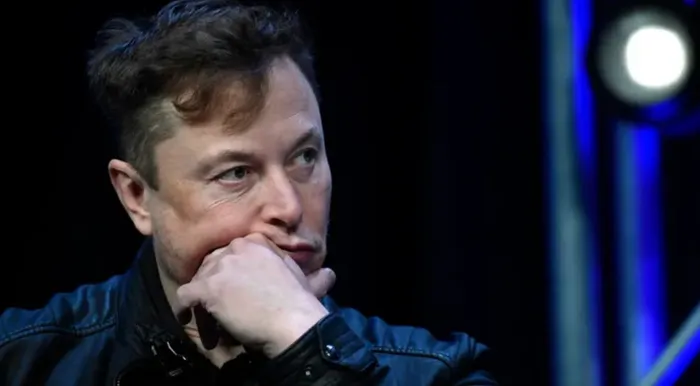
Elon Musk Elon Musk and the Starlink entry to South Africa
Image: FC
“In 2011 as MD of Microsoft SA I signed one of the first Equity Equivalent deals in the ICT sector worth about R500m. The Equity Equivalent deal paved the way for more than R25 billion Microsoft has invested in SA under the leadership of Lillian Barnard. The R25 billion direct investment by Microsoft was about building of cloud data centres in SA in the process creating youth employment and buying material from local businesses. It was never about dishing that money to individuals” wrote Mteto Nyathi on the 25th May 2025 on X.
There’s a lot to learn from what Nyathi has shared on this matter in view of current debate about Starlink. The first lesson is that it is incorrect to suggest that it was impossible for Starlink to enter South Africa without handing over shares to a black business person. The post by Nyathi reminds us that a number of US tech companies entered the South African market without being required to do something impossible and unreasonable.
South African technology history tells us that Microsoft has been involved in a number of skills development initiatives that were aimed at empowering black people with technology skills. Those technology skills development initiatives were done partly to address a challenge faced by young black people in the technology sector. We do not get the sense that there was any pain felt by Microsoft in the process of empowering young people. Instead, Microsoft has benefited in the sense that Microsoft products have been adopted across the board in South Africa.
The second lesson from Nyathi’s post is that few years down the line Microsoft has invested a significant amount of money in infrastructure that will benefit both South Africa and Microsoft in the form of data centres that will be developed in the country with the R25 billion investment. The lesson here is that it was possible to get investment based on the current version of the law designed to empower local people and economy. The R25 billion investment did not require any change in law.
It’s also important to note that Microsoft is not the only US tech company that observed local laws and still benefited in the process.
Now, with those lessons in mind one has to ask, why was it necessary for current law to be tweaked. Was it not possible for Starlink to follow the same model followed by Microsoft and other US technology companies?
In my view, the debate about what has been preventing Starlink from operating in South Africa is neither here nor there. It’s not clear to me why there was a need to tweak the law to enable Starlink when the regulatory environment was already enabling. At the same time one can’t say the majority of South Africans will not benefit from an existence of Starlink, now that policy provisions that were designed to enable them are no longer in place. We know that perhaps local businesses may not get the necessary skill to maintain or support Starlink in the long run. This partly creates a risk that South Africa will forever be dependent on Starlink to have such a technology. The process behind empowerment also entailed developing local capacity which is crucial in enabling continuity. Elon Musk needs to appreciate that there’s something positive about developing others.
The fact that such a technology will enable connectivity in rural areas is something worth celebrating. More technologies such as Starlink should be enabled in South Africa. The Amazon Project Kuiper should be enabled aswell as the Chinese version, SpaceSail (also known as Qianfan).
This moment however raises a need to reflect as follows, where is Sentech? Is it not Sentech's role to provide what will ultimately be enabled by Starlink and others?
